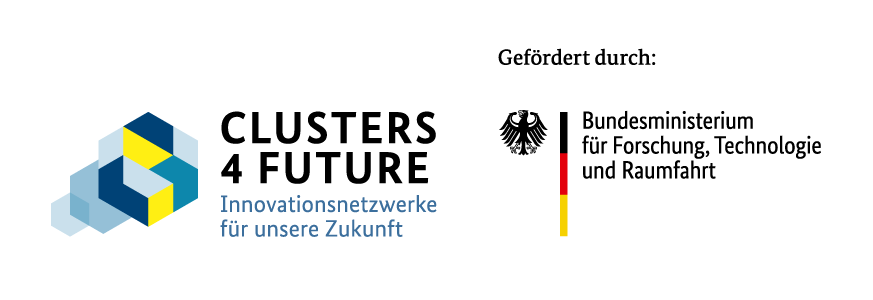MCube:
Curriculum vitae: Allister Loder is interested in understanding and modeling complex systems and networks where physics, policy and human behavior interact - as is the case in the field of mobility. He completed his Master's degree in Energy Science and Technology at ETH Zurich in 2015 and received his PhD with distinction in Transportation Science from the same institution in 2019. In 2020, he worked as a consultant for mobility data and simulation at the Swiss Federal Railways (SBB). From 2021 to 2023, he was a postdoctoral researcher at the Chair of Transportation Engineering at the Technical University of Munich (TUM). Since October 2023, he has been Assistant Professor of Mobility Policy. He heads a DFG-funded Emmy Noether Junior Research Group, is Principal Investigator of the BMDV-funded MCube MobiPionier project and a project in the Collaborative Research Center/Transregio 408 AgiMo, where he also acts as Co-Director of the Integrated Graduate School. He has received support from the German National Academic Foundation and the bidt Graduate Center, an institute of the Bavarian Academy of Sciences and Humanities, among others. He is currently Equal Opportunities Officer for his faculty. His professional expertise lies in the mathematical modeling of travel behavior, traffic flow and the economics and financing of transport policy. His outstanding contributions include the understanding of the multimodal macroscopic fundamental diagram and its application in transport planning as well as the implementation of a large-scale mobility survey to investigate the natural experiments surrounding the German fare innovations 9-Euro-Ticket and Deutschlandticket.
We are investigating the potential impact of innovative Mobility-as-a-Service (MaaS) offerings such as mobility budgets and mobility bundles in real-world laboratories for everyday mobility and major events.
No results available
We are investigating the potential impact of innovative Mobility-as-a-Service (MaaS) offerings such as mobility budgets and mobility bundles in real-world laboratories for everyday mobility and major events.
No results available

What is MOSAIQ?
Imagine something: There is more space for people. The streets have more trees and plants. Everyone can get around better. That's how your Schwabing-West district could be in the future. How would you like your district to be? We want to talk to you about it!
The project is called MOSAIQ. MOSAIQ is a research∙project. MOSAIQ means: Mobility and urban climate in the future city∙part. The Technical University of Munich is leading the project.
What is MOSAIQ about?
MOSAIQ wants to make the streets in the city∙part more beautiful. People should feel comfortable there. There should be more space. For meetings and plants, for example. You can help decide what is tried out in the Stadt∙teil. The ideas come from you. Some ideas will be tried out on the streets for a certain period of time.
The aim of MOSAIQ is to make urban districts good places to live.
At the same time, the climate in the city should improve. And people should be able to move around the city easily.
What is happening in the district?